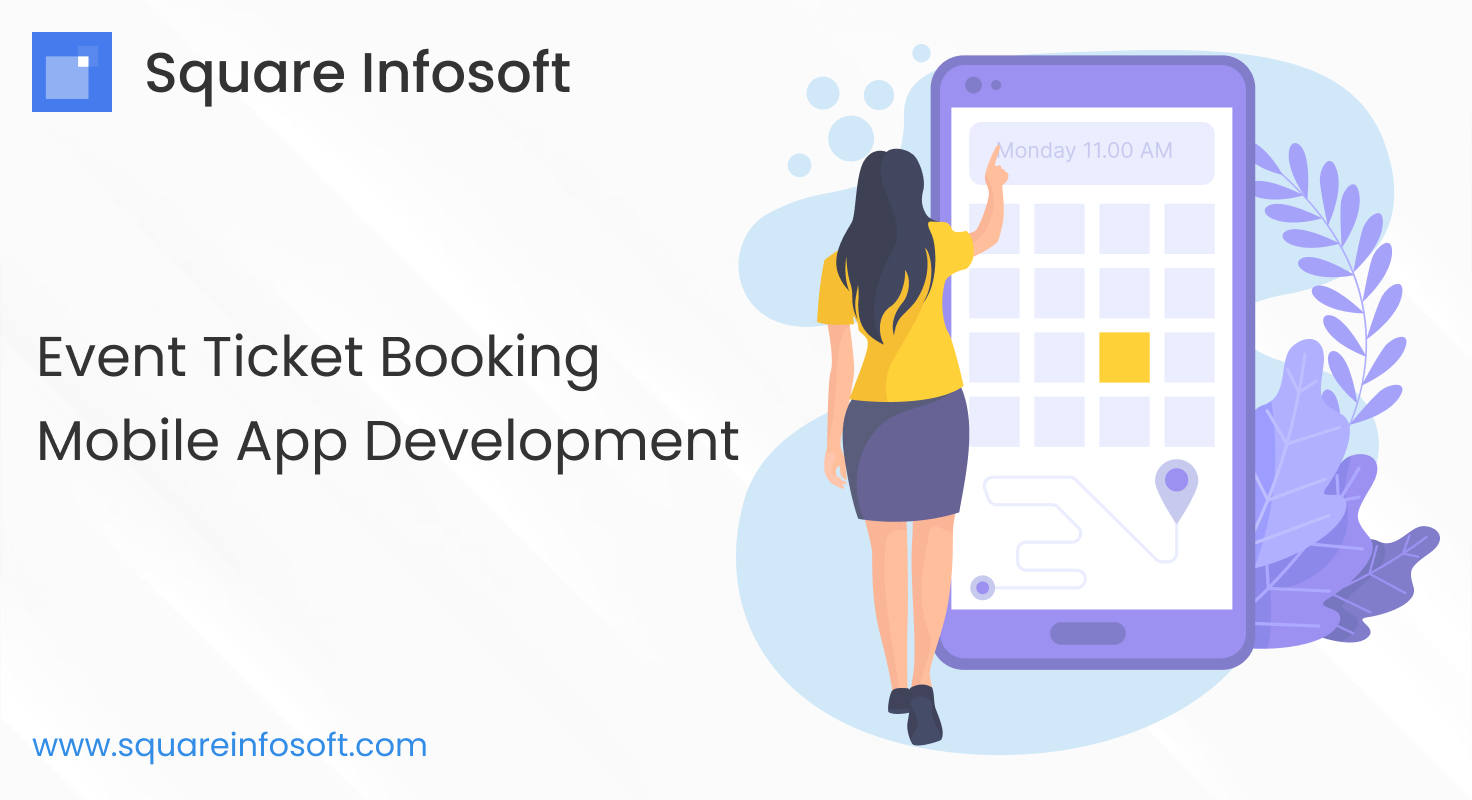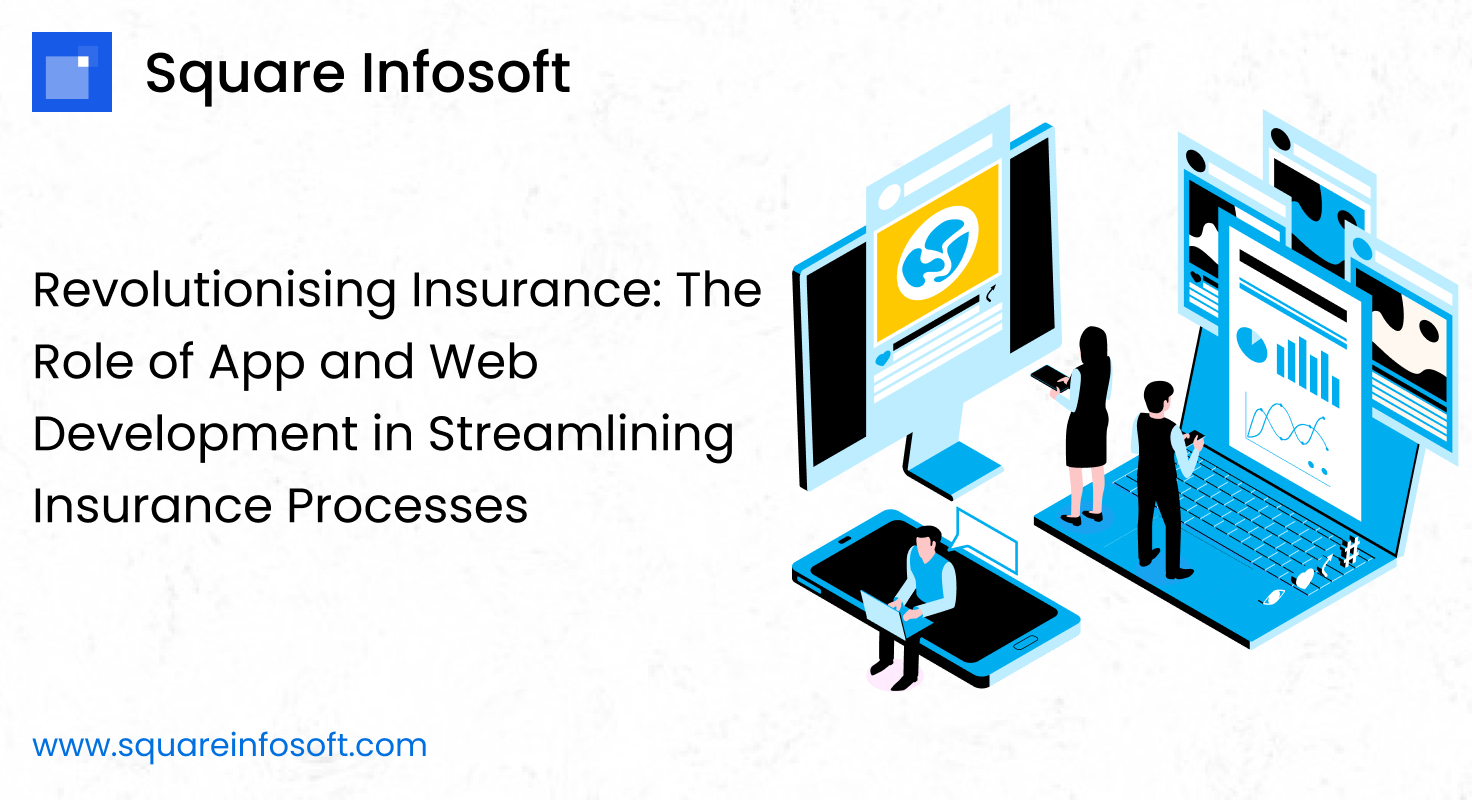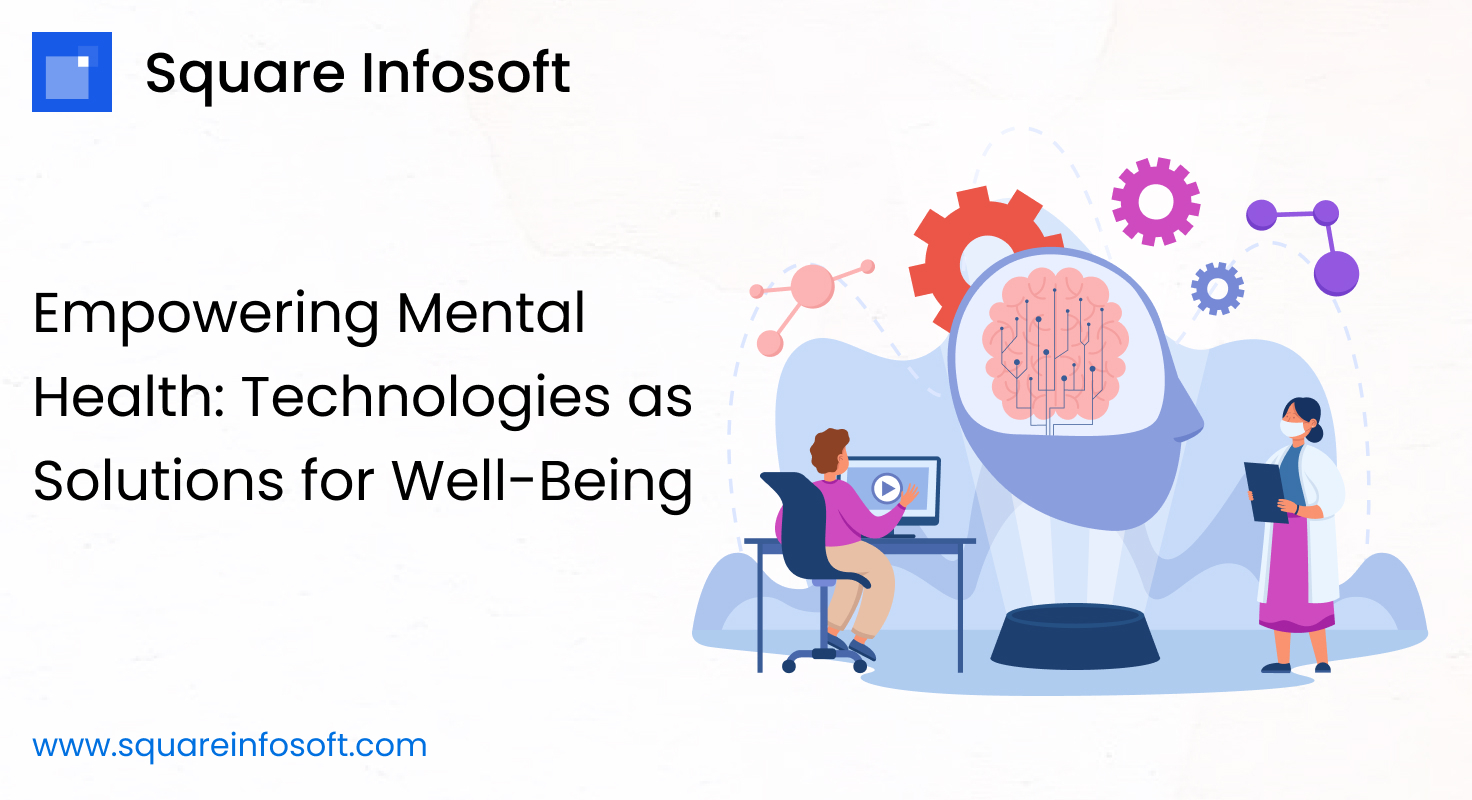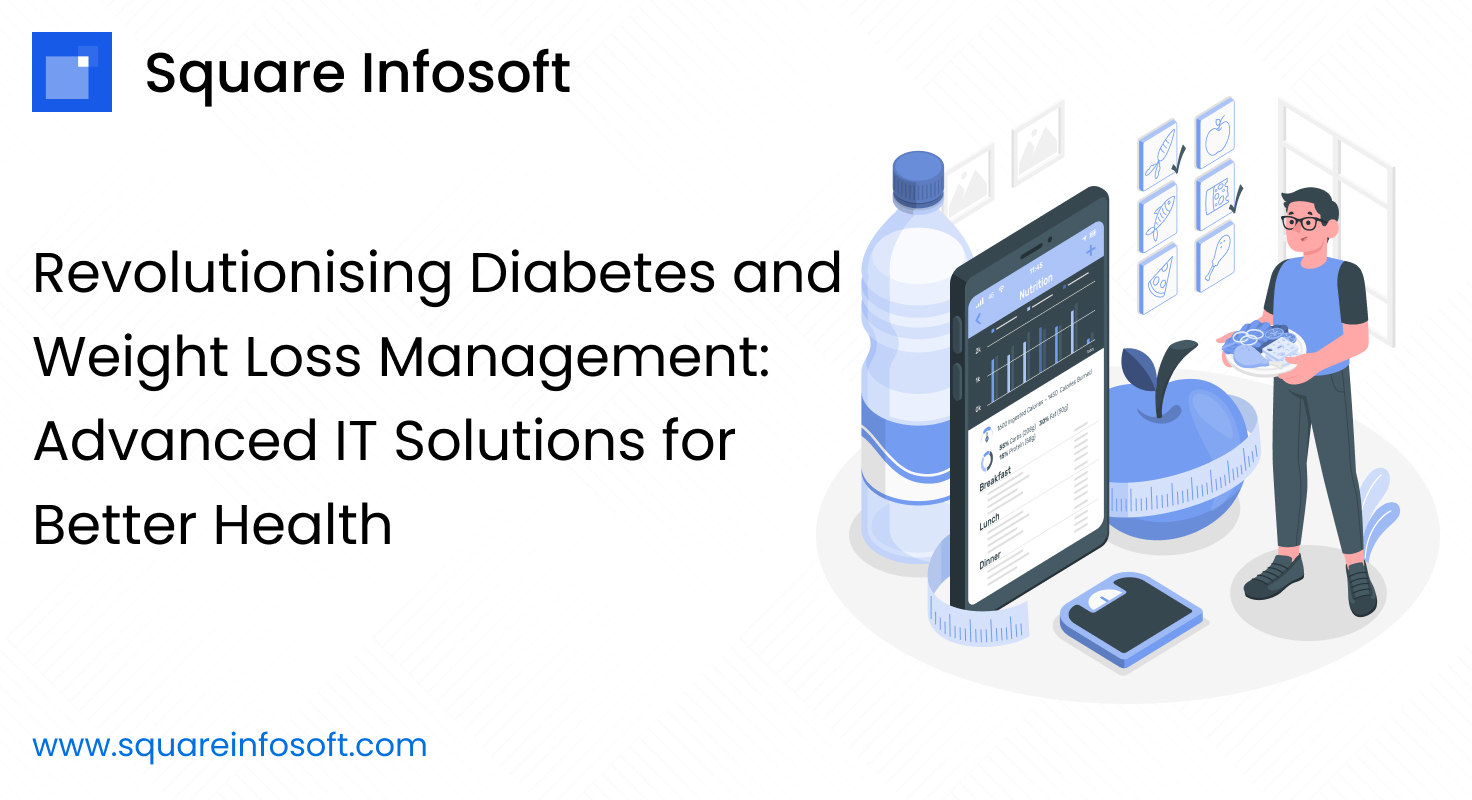Developing an event ticket booking mobile app can be a lucrative venture, providing users with a convenient way to purchase tickets for various events. Here’s a step-by-step guide to help you get started with the development of an event ticket booking app:
1. Define Objectives:
- Determine the primary purpose of your app (e.g., ticket booking for concerts, sports events, theaters).
- Identify your target audience and the types of events you want to cover.
2. Market Research:
- Research existing event ticket booking apps to understand their features, strengths, and weaknesses.
- Identify unique features or improvements that can set your app apart.
3. Planning and Conceptualization:
- Outline the core features and functionalities of your event ticket booking app.
- Consider event discovery, ticket purchasing, payment processing, and user engagement features.
4. Feature Set:
- Develop a comprehensive list of features for your app, including:
- User registration and profiles.
- Event listings and search.
- Ticket selection and booking.
- Seat selection (for venues with seating).
- Secure payment processing.
- E-ticket generation and storage.
- Event reminders and notifications.
- User reviews and ratings.
- Interactive venue maps.
- Social sharing and referral programs.
- Customer support and help center.
5. Design and User Experience (UX):
- Design an intuitive and visually appealing UI for your app.
- Ensure the design is user-friendly and responsive on various screen sizes.
- Focus on providing an efficient and seamless ticket booking experience.
6. Backend Development:
- Build a robust backend system to manage user accounts, event data, and payment transactions.
- Implement real-time event updates and inventory management.
7. Payment Processing:
- Integrate secure payment gateways to handle ticket purchases.
- Comply with financial regulations and ensure user data security.
8. Event Data Integration:
- Collaborate with event organizers and venues to source event data and inventory.
- Implement APIs or data feeds for real-time event listings.
9. Testing:
- Conduct thorough testing, including functional testing, usability testing, and payment processing testing.
- Test the app on various devices and screen sizes.
- Address any bugs or issues identified during testing.
10. Deployment: – Deploy the app to app stores (Apple App Store, Google Play Store). – Prepare marketing materials, including app descriptions, event listings, and promotional campaigns.
11. Marketing and Promotion: – Develop a marketing strategy to promote your app and attract users. – Utilize social media, email marketing, and partnerships with event organizers and venues.
12. Monetization: – Decide on a monetization strategy (e.g., transaction fees, service charges, premium subscriptions, ads). – Offer promotional discounts and loyalty programs.
13. Legal Considerations: – Ensure compliance with local laws and regulations related to ticket sales. – Address legal requirements for refunds, cancellations, and event changes.
14. Updates and Maintenance: – Regularly update the app with new features, event listings, and bug fixes. – Stay informed about industry trends and emerging technologies.
Developing an event ticket booking app requires a strong focus on user experience, event data accuracy, and reliability during peak ticket sale periods. Keep your users informed about upcoming events and provide a hassle-free ticket booking process to create a valuable platform for both event-goers and event organizers.




